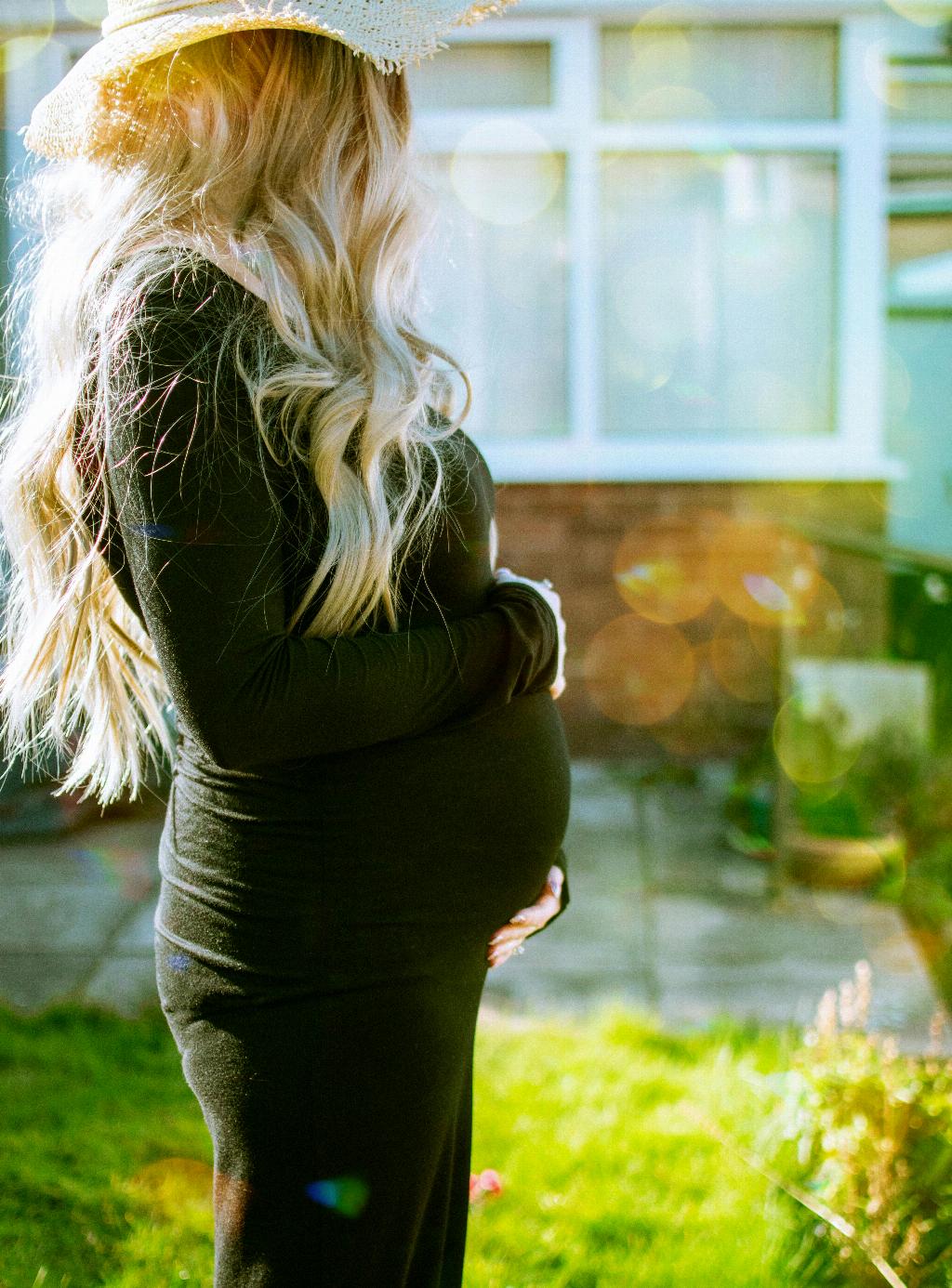When pondering the idea of maternal instincts, one might immediately associate it with mothers and their innate ability to nurture and care for their offspring. However, as research and personal anecdotes have shown, the concept of maternal instincts extends far beyond biological motherhood.
The Definition of Maternal Instincts
Maternal instincts refer to a set of behaviors and emotions typically associated with mothers, such as nurturing, protecting, and bonding with their children. These instincts are often seen as natural and instinctual, stemming from a deep biological drive to ensure the survival and well-being of offspring.
Can Maternal Instincts Exist Without Biological Motherhood?
It’s a fascinating question to consider: Can one possess maternal instincts without being a mother in the traditional sense? The answer, as it turns out, is a resounding yes. Many individuals, regardless of gender or parental status, exhibit maternal instincts in various relationships and circumstances.
Maternal Instincts in Non-Parental Relationships
Some individuals may display maternal instincts in their relationships with nieces, nephews, younger siblings, or even friends’ children. The desire to protect, nurture, and care for these young individuals can mirror the same instincts seen in biological mothers.
Adoptive Parents and Maternal Instincts
Adoptive parents are a prime example of individuals who showcase maternal instincts without a biological connection to their children. The love, fierce protection, and unwavering commitment they demonstrate towards their adopted children highlight the deep-seated nature of maternal instincts.
Maternal Instincts in Caregiving Roles
Individuals who work in caregiving professions, such as nurses, teachers, and social workers, often exhibit maternal instincts in their interactions with those under their care. The compassion, empathy, and nurturing behavior they demonstrate reflect the essence of maternal instincts.
Maternal Instincts in Animal Relationships
For some individuals, maternal instincts extend beyond human relationships and manifest in their interactions with animals. The act of caring for and nurturing pets or wildlife showcases a different yet equally powerful form of maternal instincts.
The Complex Nature of Maternal Instincts
While maternal instincts are often associated with motherhood, their existence without biological ties challenges traditional beliefs. The ability to care for and nurture others, regardless of parentage, underscores the complexity and depth of human emotions and relationships.
The Influence of Society on Maternal Instincts
Society’s expectations and norms around motherhood can sometimes overshadow the diverse ways in which maternal instincts can manifest. By recognizing and celebrating the various forms of caregiving and nurturing behavior, we can appreciate the breadth of maternal instincts present in our communities.
Embracing Maternal Instincts in All Forms
Regardless of gender, parental status, or biological ties, the capacity to love, protect, and care for others is a deeply human trait. By acknowledging and valuing the existence of maternal instincts in all its forms, we can create a more inclusive and compassionate society.
Conclusion: Maternal Instincts Know No Bounds
In conclusion, the answer to the question “Can you have maternal instincts without being a mother?” is a resounding yes. Maternal instincts transcend traditional boundaries and manifest in diverse relationships and circumstances, showcasing the universal human capacity for love, compassion, and nurturing care.

